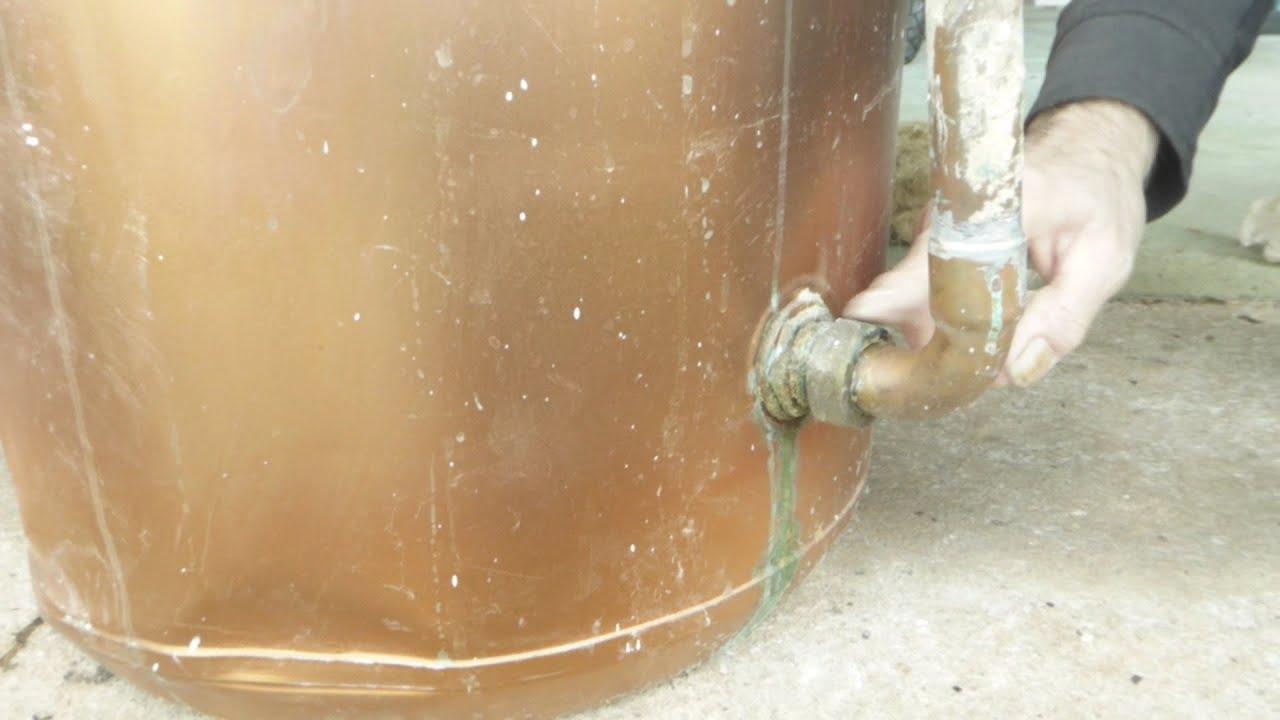Sponsorluk
5 Warning Signs Your Hot Water Heater is About to Leak (And How to Prevent It)

A hot water heater is one of those appliances we often take for granted—until it stops working. One of the most common and costly issues homeowners face is a hot water tank leaking. Not only can a leak cause significant water damage, but it can also lead to expensive repairs or even a full replacement. The good news is that there are usually warning signs before a hot water heater fails. By recognizing these signs early, you can take action to prevent a disaster. Here are five warning signs your hot water heater is about to leak and what you can do to stop it.
1. Puddles or Moisture Around the Tank
One of the most obvious signs of a hot water tank leaking is water pooling around the base of the unit. If you notice puddles or damp spots near your water heater, it’s a clear indication that something is wrong. Even small amounts of moisture can escalate into a major leak if left unaddressed.
What to Do: Inspect the area around your water heater regularly. Check for loose connections, cracks in the tank, or a faulty pressure relief valve. If you’re unsure of the source, call a professional plumber to diagnose the issue.
2. Rusty or Discolored Water
If the water coming from your taps has a rusty or brownish tint, it could be a sign that your hot water tank is corroding from the inside. Corrosion weakens the tank’s structure, making it more prone to leaks.
What to Do: Flush your water heater to remove sediment buildup, which can accelerate corrosion. If the problem persists, consider replacing the anode rod, which is designed to protect the tank from rust. If corrosion is severe, it may be time to replace the entire unit.
3. Unusual Noises Coming from the Tank
Strange noises like popping, cracking, or rumbling are often caused by sediment buildup at the bottom of the tank. Over time, this sediment can harden and cause the tank to overheat, leading to cracks and leaks.
What to Do: Drain and flush your hot water heater at least once a year to remove sediment. This simple maintenance task can extend the life of your unit and prevent a hot water tank leaking.
4. Age of the Water Heater
The average lifespan of a hot water heater is 8 to 12 years. If your unit is approaching or has exceeded this age range, it’s more susceptible to leaks and other issues. Older tanks are more likely to have worn-out components and internal corrosion.
What to Do: Keep track of your water heater’s age. If it’s nearing the end of its lifespan, start budgeting for a replacement. Modern units are more energy-efficient and come with improved safety features to prevent leaks.
5. Fluctuating Water Temperature
If your hot water supply is inconsistent—switching between scalding hot and icy cold—it could indicate a problem with the tank’s internal components. This inconsistency often stems from a failing heating element or excessive sediment buildup, both of which can lead to leaks.
What to Do: Have a professional inspect your water heater to determine the cause of the temperature fluctuations. Regular maintenance can help prevent these issues from escalating into a full-blown leak.
How to Prevent a Hot Water Tank Leaking
Prevention is always better than dealing with the aftermath of a leak. Here are some proactive steps you can take to keep your hot water heater in top condition:
-
Schedule Annual Maintenance: Regular inspections by a licensed plumber can catch small issues before they become big problems.
-
Install a Water Leak Detector: Place a leak detector near your water heater to alert you at the first sign of moisture.
-
Replace the Anode Rod: This component attracts corrosive elements, protecting the tank. Replace it every 3-5 years.
-
Monitor Water Pressure: High water pressure can strain your water heater. Install a pressure regulator if necessary.
-
Consider a Tankless Water Heater: If your current unit is old or frequently problematic, upgrading to a tankless system can eliminate the risk of a hot water tank leaking.
Conclusion
A leaking hot water heater can cause significant damage to your home and disrupt your daily life. By paying attention to the warning signs—such as puddles, rusty water, unusual noises, age, and temperature fluctuations—you can take action before a small issue turns into a major leak. Regular maintenance and timely repairs are key to extending the life of your water heater and preventing costly damage.



